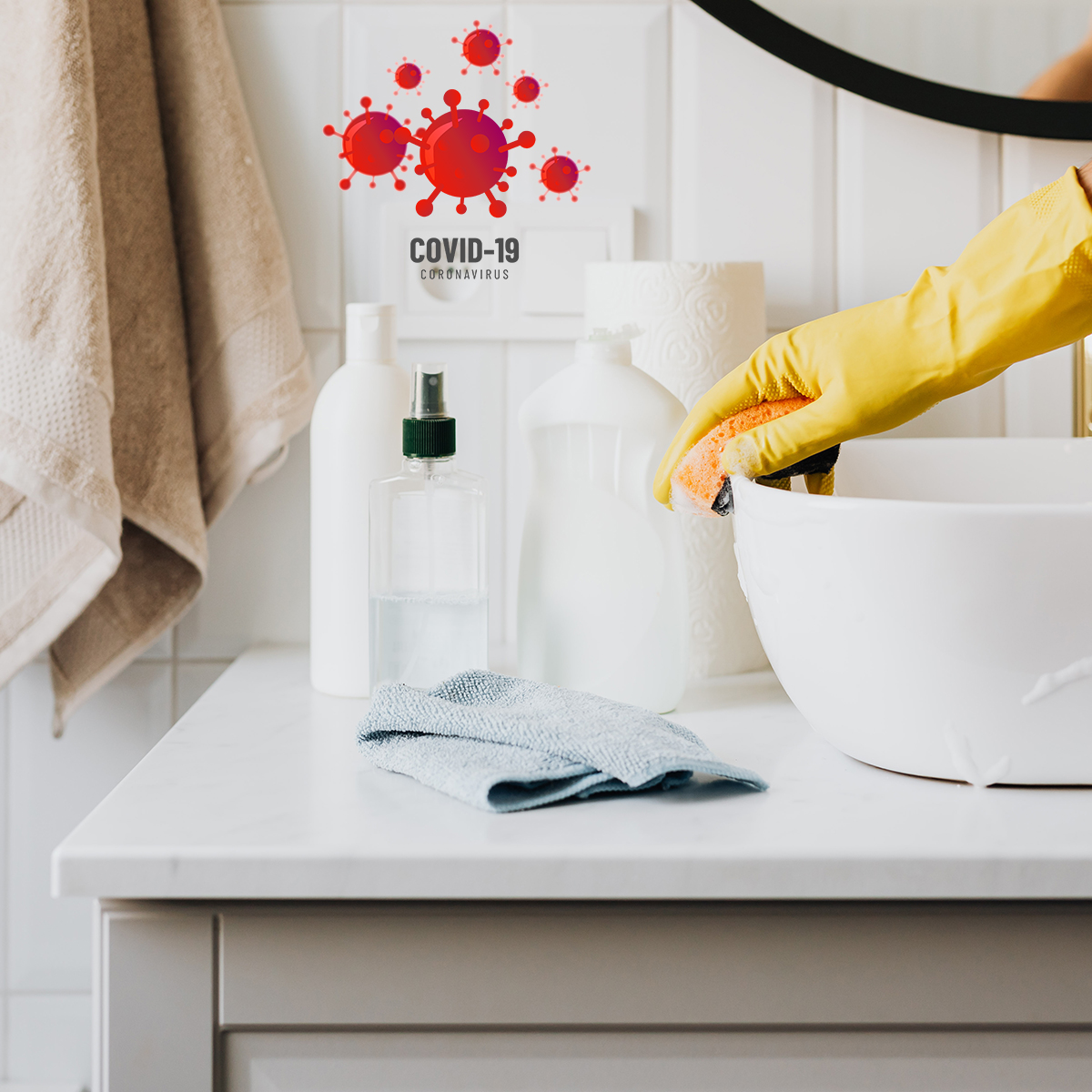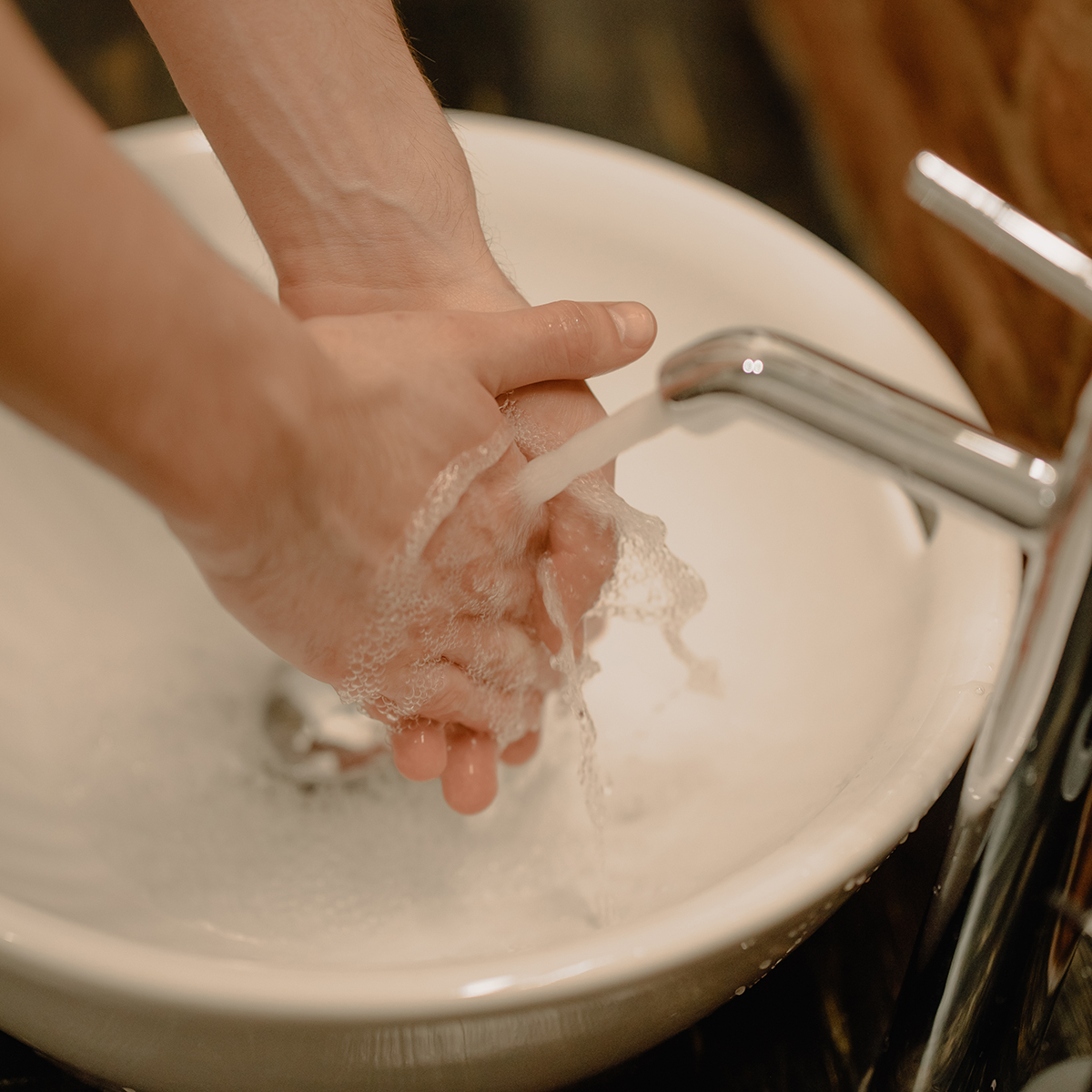
COVID-19 outbreak was first noticed in China that spread rapidly all over the world. According to CDC, coronavirus primarily spread through close contact between people. Experts emphasize that measures like hand washing and social distancing are the best ways to curb the spread of the virus. However, there is increasing evidence that contaminated surfaces can also play a key role in the spread of the virus. For example, an infected person coughs or sneezes on the surface that is then touched by another person who if rub his eyes or nose may make him infected too. Therefore, frequent disinfection of the surfaces is highly recommended.
Mostly just washing your clothes with regular laundry soap and drying them can easily disinfect them. However, if you suspect that someone in your home might be infected with coronavirus then you must take a few precautionary measures.
- If anyone in your household is sick, then wear disposable gloves and a mask while washing the clothes
- There is nothing wrong with washing the sick person’s clothes with other people's clothes
- Use the highest water temperature setting to wash the clothes
- Do not shake the dirty laundry to avoid the risk of water dispersing in the air
- Don’t forget to clean and disinfect clothing hampers.
Bathroom Cleaning
A Bathroom is one of the most used areas in every household. You must disinfect most touched surfaces like light switches, door handles, toilets, and water tap every day.
You should make sure that everything required for handwashing like running water, liquid soap, hand towels, or dryers is readily available in the bathroom. If you use cloth towels, then wash them frequently to avoid accumulation of germs.
Disposal of waste
Waste produced by someone who has or, suspected COVID-19 infection should be kept in a separate tied plastic bag. Disposable clothes, and wipes used to clean the surface can also be placed in same the bag. It is important to keep these bags at separate place for at least 72 hours before placing them into communal waste area.
In case you want to get rid of the waste before 72 hours due to some reason, it must be classified as infectious waste in category B with following guidelines:
- Keep it separate from other waste
- Make sure to contact a dedicated contractor to collect hazardous waste
Use of Personal Protective Equipment
Personal protective equipment (PPE) must be clean and in good condition. After a person with symptoms or reported COVID-19 has left the setting, the minimum PPE to be worn for cleaning an area is disposable gloves and an apron. It is recommended to wash hands for a minimum of 20 seconds after removing PPEs.
The risk of infection from an infectious environment of COVID-19 decreases over time. Nevertheless, evidence suggests that the risk of infection is likely to be greatly decreased in properly cleaned settings after 48 hours.
Disinfection of Bathroom Towel
Bathroom towels accumulate fungi and bacteria from our bodies. to avoid this contamination, make sure that every member of the family has a separate towel that is washed at least twice a week. For full disinfection, towels should be distincted by colour and not mixed with other clothing.
Regular Handwashing

It is important that everyone in a household develop the habit of hand washing. It is especially important to wash your hands after eating food, applying makeup, handling contact lenses, sneezing into a tissue, using bathroom and returning home.
